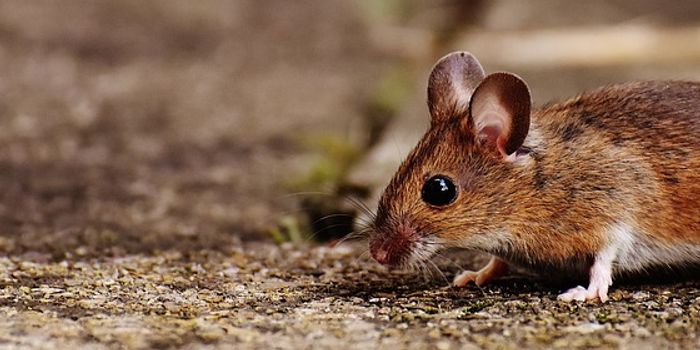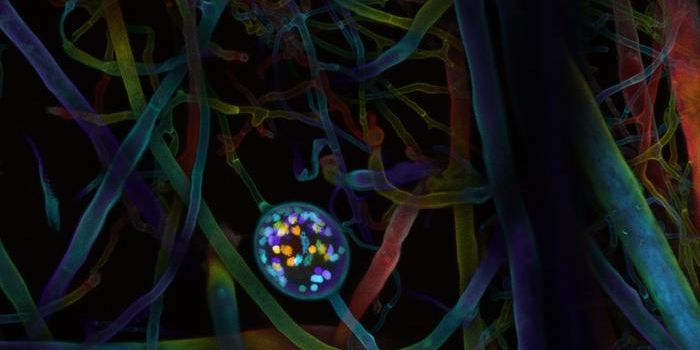Animals Adapt Sleep Cycle to Stay Alert When Danger Lurks
A recent study highlights that animals calibrate their sleep cycle in response to their environment. Researchers from Washington University School of Medicine and the University of Missouri found that brain neurons adapt to help flies stay alert when under threat. Brain neurons also help flies get drowsy after a day’s intense activities. The study was published in PLoS Biology. The findings could help discover new insomnia therapy options and improve sleep quality.
The researchers investigated how 24 specific neurons that control whether a fly sleeps or wakes and observed the neurons responded to neurotransmitters dopamine, which promotes wakefulness; glutamate, which promotes sleep; and allatostatin A, which also promotes wakefulness. The smaller brain of an ant makes it manageable to identify the role each neuron plays in controlling fly behavior. Ant brains are roughly a million times smaller than human brains. Neurotransmitters facilitate communication among different neurons that receive and respond to sleep signals sent by other neurons.
The sleep cycle of various animals provides insight into human sleep cycles. Human sleep habits are similar to that of fruit flies. The flies are active in the day and sleep at night. They are prone to take a brief nap in the afternoon, and their sleep cycle is impacted by caffeine and sleep inducing drugs. Both people and flies sleep more after an intellectually challenging day.
The researchers also showed that living in a densely populated area or learning a new behavior trigger molecular changes in the flies’ sleep neurons. They observed this molecular change makes them less sensitive to dopamine and therefore sleepier.
Researchers also noticed that when they alarmed the flies by periodically shaking their vials, the flies’ brains produced both allatostatin A and glutamate. The combination of two opposing sleep signals kept the flies awake and ready to respond to danger even though they were tired. The sleep neurons of naturally insomniac flies (insects with a tendency to sleep only half as long as typical flies) responded abnormally to sleep neurotransmitters.
One finding indicated that time-restricted feeding seemed to enhance sleep quality. The researchers limited the flies’ access to food to between 8 a.m. and 5 p.m, although flies normally eat all day. The flies’ sleep neurons were more sensitive to dopamine after a week of restricted eating. The flies slept less without exhibiting signs of tiredness, and this indicates an improvement in sleep quality. Shaw explained, “The claim is that confining your food intake to certain hours of the day will help you sleep better and maintain a healthy weight. The evidence that this works in people is mixed. But in flies, our data suggests sleep quality improves with time-restricted feeding. It’s possible that there’s an intersection between time-restricted feeding and sleep regulation that we can take advantage of to help people sleep better.” The findings from this study suggest more research on animal sleep cycles will lead to more effective sleep therapies.
Sources:
PLOS Biology, Eureka News Alert, University of Iowa Carver College of Medicine








